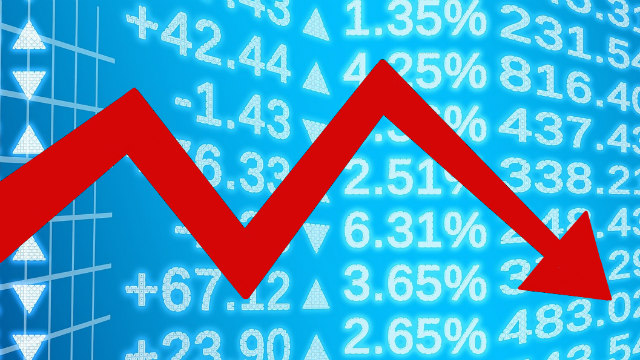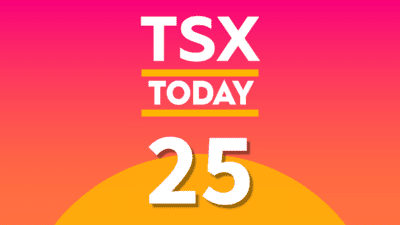U.S. interest rates are on the rise, and they will be heading higher for the next few years, as Janet Yellen and the Federal Reserve become more aggressive with their rate-hike schedule. The U.S. economy is strong and will get stronger thanks to the help of Donald Trump, who is determined to make corporate America rich again.
Trump has made it clear that he wishes to cut corporate tax rates as well as reduce regulations which may impede businesses. In response, the market has reacted very positively as the Trump rally continues this month. There’s no question that Trump’s new policies will cause the American economy to soar, but what does this mean for interest rates? Expect more rate hikes at a much quicker pace.
What does this mean for popular asset classes that income investors love?
Income investors love REITs for their huge dividend yields, and they also love bonds for their safety. But in a rising interest rate environment, these could have the potential to drastically reduce returns for an income investor who is overexposed to these two asset classes.
As an income investor, you have to ask yourself what your long-term goal for your portfolio is. Do you want to maximize your dividend yield? Perhaps you value safety because you’re going to be retiring sometime in the next few years and you can’t afford a huge loss.
REITs and bonds are usually the answer for both of these goals, but with interest rates set to rise at a faster pace over the next few years, you may want to consider rebalancing your portfolio if you’re overexposed to either of these asset classes.
There’s no question that bonds have been heading south lately, and they will continue to drop as interest rates rise. It’s a common misconception that bonds are completely safe and have minimal risk. As Warren Buffett once said, “…bonds should come with a warning label.” This is very true, especially for investors who are overexposed to this asset class.
Consider the Vanguard Canadian Aggregate Bond Index ETF (TSX:VAB). It’s a mix of long- and short-term duration bonds, and it’s a favourite pick of bond investors. People buy bonds mainly because of their safety, but the ETF has lost nearly 6% in fewer than four months. This is quite a decline for something that is considered “safe.” The pain might not be over yet for bond funds such as this one because interest rates are going to rise, and this will be a huge headwind for owners of the ETF.
Every investor needs bond exposure, but make sure you’re in short-term bonds and not long-term bonds in this rising interest rate environment. Short-term bonds are less sensitive to increasing interest rates, but long-term bonds are pretty much guaranteed to be losers over the next few years.
One terrific holding for bond investors would be Vanguard Canadian Short-term Corporate Bond Index ETF (TSX:VSC). This ETF offers a 3% dividend yield and more safety than a longer-term bond fund in this environment.
What about REITs?
REITs are going to face pressure too, but not as much as bonds. The high-yield, high-capital-gain days are over for most of the REITs. If you’re going to invest in REITs, then make sure you buy high-quality REITs with a solid history of dividend payments and zero dividend cuts. Smart REIT (TSX:SRU.UN) is an example of such a holding. As an income investor, the last thing you want with a capital loss is a dividend cut.
Remember, “safe” investments aren’t safe in every circumstance.
Stay smart. Stay hungry. Stay Foolish.








